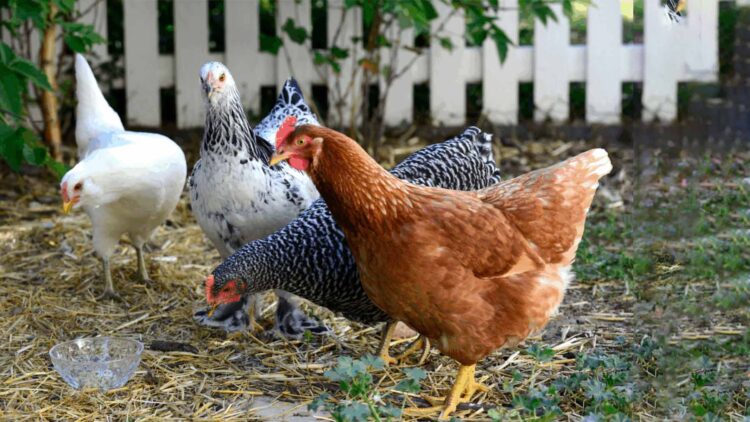One year ago, Missouri approved a law saying yes to having up to 6 chickens on backyards. However, now is turning into a legal battle about neighborhood regulations and homeowner rights. Judge Brian Stumpe changed that when he declared that the measure was a part of a “unconstitutional law” because lawmakers mixed different issues into one large bill, including EV chargers, tax policy, evictions, and chickens.
The Four Seasons Lakesites Homeowners Association filed a lawsuit, which set off the challenge, and the Community Associations Institute celebrated the decision. Not everyone was cheering. Trusten Polk, whose family owns six hens, defended them as “good pets” that “just lay good food” in an interview with Spectrum News.
In cities like Archdale, North Carolina, Clarksville, and Ashland City, restrictions on birds—and what happens if they are considered a problem—may change considerably.
What changed and why it matters
The structure of the bill was the primary issue, not backyard chickens. Judge Brian Stumpe said that the law was written in a confusing way because it mixed too many different topics together—things like taxes, electric car chargers, evictions, and backyard chickens—all in one big package. He decided that this made the law unconstitutional: giving again the power to Homeowner associations that assure this restores clarity and conforms with local laws and community standards, by regulating landscaping, pets, and other activities.
However, for many, this can be really disturbing; If this isn’t bothering the neighbors, why couldn’t the landowner decide what they can do with it? It is against the rights of homeowners and out of date with the realities of modern pet ownership and housing, where a few hens can produce eggs, teach kids responsibility, and blend in with many neighborhoods.
How communities are responding
There are a variety of localized reactions. According to WGHP-TV, locals in Archdale, North Carolina, are pleading with authorities to lift a ban that has been in place for more than 50 years and can even send you to jail if they dare have livestock.
The Tennessean observes that laws in Tennessee change strongly: you can have as many birds as you want in Ashland City the authorities will take action if they become an annoyance, while Clarksville restricts herds to eight.
One city may allow chicken coops, another threats to put you in prison just for having one. These differences highlight the importance of local legislation and HOA documents. But really is that this result on homeowners frequently fighting for their rights against community norms, asking for clear and fair regulations.
Finding a practical middle ground
The next steps are for state officials to file an appeal or for lawmakers to draft a simpler, isolated bill avoiding any possible misunderstandings in the future.
The Missouri decision has given and important focus to the pets and land restrictions’ conversation. The emphasis is now on finding and exact (or close enough) policymaking and transparent HOA procedures that adapts better after the chicken clause was ruled to be a component of an “unconstitutional law” by Judge Brian Stumpe.
The rule changes could directly affect homeowners daily routines, how they use their land, and mess with neighborhood harmony. But as mentioned before not every area or community has the same needs even in the same states, which is why enforcing the rules but respecting how a person would like to leave in their own space could be a good middle.
Communities could compromise on somethings that feels faire for most of them, either that’s allowing birds, up to a certain amount, or putting the attention towards preserving reasonable standards for hygiene and noise levels.

